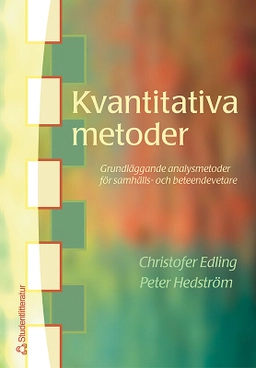Many controversial issues revolve around complex scientific arguments which can be better understood with at least a minimal knowledge and understanding of the chemical reactions and processes going on in the world around us. Environmental Chemistry offers an accessible introduction to the chemical principles and concepts, and applies them to relevant environmental situations and issues. Environmental Chemistry first introduces some basic chemical concepts, including the structure of the atom, the elements, isotopes, radioactive decay, electronic configurations, chemical reactivity and bonding, the mole as a unit and chemical solution concentrates and pH.It then goes on to look at: * planet Earth and the origin of our environment - the formation of elements and the Earth's atmosphere, hydrosphere and lithosphere * the Earth as a finite resource - renewable and non-renewable resources * risk and hazards - risk assessment and management and hazard identification * energy, entropy and rates of reaction - an introduction to chemical reactions occurring in the environment * an introduction to the lithosphere and its erosion and pollution * the properties of natural waters and their pollution * organic chemicals and their environmental effects * energy production. Environmental Chemistry makes the subject accessible to those with little or no previous knowledge of chemistry. It is highly-illustrated, with global case studies, figures and tables and contains end of chapter summaries, discussion points and annotated guides for further reading.
Åtkomstkoder och digitalt tilläggsmaterial garanteras inte med begagnade böcker





















